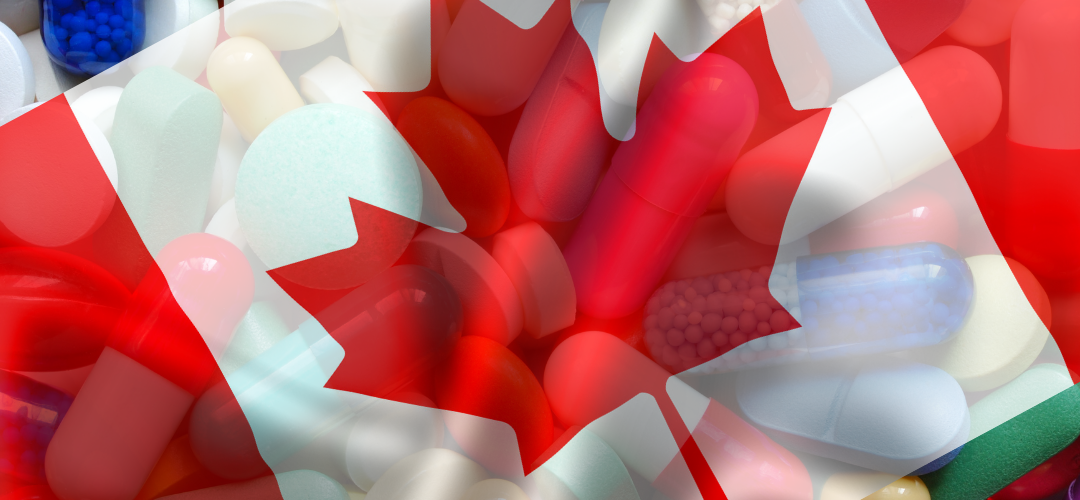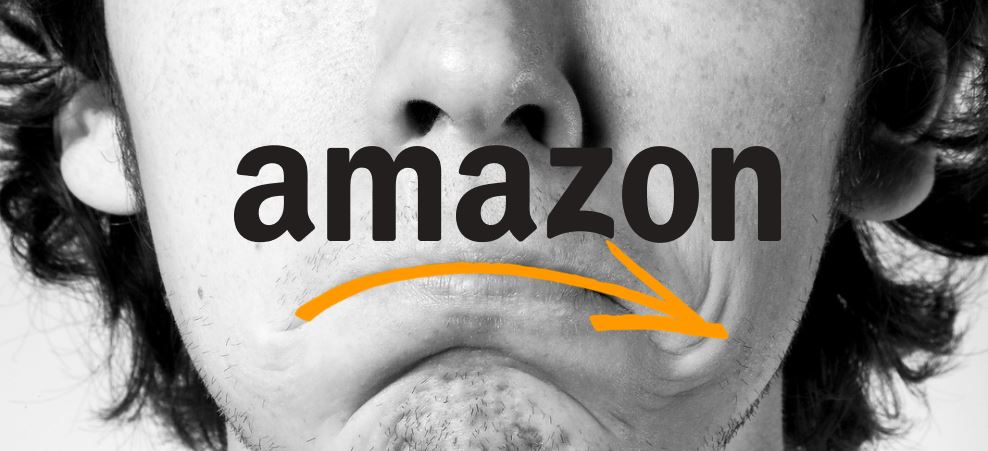by Gabriel Levitt, President, PharmacyChecker.com and Prescription Justice | Dec 18, 2020 | Drug Importation
In its lawsuit to stop wholesale drug importation programs that could help lower U.S. drug prices, the Pharmaceutical Researchers and Manufacturers of America (PhRMA) may be stepping on its toes in helping to allow more personal drug importation. Last month, along with co-plaintiffs Partnership for Safe Medicines (PSM) and Council for Affordable Health Coverage (“CAHC”), PhRMA sued the Department of Health and Human Services (HHS) and the Food and Drug Administration (FDA) to invalidate the certification by the HHS Secretary Alex Azar that drug importation from Canada is safe and will achieve savings for the American consumer.
In late September, Secretary Azar, in a final rule, certified that importing drugs from Canada, subject to Section 804 of the Food, Drug and Cosmetic Act (Section 804), 21 U.S.C. 384, Part L, poses “no additional risk to the public’s health and safety” and will “result in a significant reduction in the cost of covered products to the American consumer.” Those were the two certifications needed to allow a new wholesale drug importation channel.
Section 804 clearly distinguishes between wholesale (“commercial”) importation (subsections b-h) and personal importation (subsection J). As explained below, the standard for allowing personal importation is different. While PhRMA does not want either wholesale or personal importation to lead to lower drug prices, certain legal arguments it employs in its lawsuit may help the cause of expanding personal drug importation. Namely, personal drug imports can be permitted if they don’t pose an “unreasonable risk” to the patient; not so for wholesale imports (drugs that are resold). PhRMA ignores this.
(more…)Tagged with: Alex Azar, cahc, phrma, PSM
by Gabriel Levitt, President, PharmacyChecker.com and Prescription Justice | Dec 10, 2020 | Public Health
Today is Human Rights Day, a day commemorating the United Nations’ 1948 adoption of the Universal Declaration of Human Rights (UDHR). Three years after World War II ended, in the wake of genocide, unprecedented military, deadly armed conflict, and mass deprivation on a global scale, the UN declared that all people in the world have rights that defend the dignity of humankind. Freedom of religion, speech, the right to assemble and own property, protection from discrimination or persecution are all central to human rights. Everyone has these rights “without distinction of any kind, such as race, colour, sex, language, religion, political or other opinion, national or social origin, property, birth or other status.”
These rights are applicable to Americans who can’t afford prescription drugs domestically because the prices are too high. Human rights include access to safe and affordable medicines, such as through importation of a more affordable drug ordered over the Internet.
(more…)Tagged with: brussels principles, human rights
by Gabriel Levitt, President, PharmacyChecker.com and Prescription Justice | Dec 2, 2020 | Drug Importation
Canada issued an interim order on Friday, November 27, preventing drug establishments from exporting products that would risk causing domestic shortages. The press release with quotes from Health Minister Patty Hajdu may be more digestible than the official order.
As I see it, Americans who rely on buying less expensive prescription drugs from Canada should not be too concerned about this new development. The order is directed at companies who distribute drugs via wholesale channels, not pharmacies that dispense drugs directly to patients. Patients in the U.S. with a valid prescription who safely order drugs from pharmacies in Canada do so through licensed retail pharmacies not wholesalers.
(more…)Tagged with: Canada, drug shortages
by Gabriel Levitt, President, PharmacyChecker.com and Prescription Justice | Nov 25, 2020 | Public Health
In Thanksgiving seasons past, I have written posts connecting the problems of high drug prices and hunger in America. Where people and households are struggling to afford food, there’s a greater likelihood that they are forgoing needed medical treatments, including prescription drugs. The problem is far worse for people with chronic medical conditions. This may seem intuitive and obvious, but for those wanting some academic research to chew on, take a look at this from The American Journal of Medicine:
(more…)
by Gabriel Levitt, President, PharmacyChecker.com and Prescription Justice | Nov 19, 2020 | Politics and policy
Forgetting about the potential dangers to competition from corporate Leviathan Amazon, that it launched a new online pharmacy this week will certainly appeal to tens of millions of Americans. Prescription drugs are yet another thing you can get when you go to Amazon.com. And if you’re an Amazon Prime member (aren’t we all?), then there are discounts and whip-fast delivery to be had. But, unlike in many other industries where Amazon can crush the competition on prices, its online pharmacy launch does not accomplish that. Brand name drugs, ones without and even with generic competition, are similarly priced to other American pharmacies. PharmacyChecker checked this out and has some good advice for consumers about Amazon’s pharmacy at Ask PharmacyChecker this week.
Overall, brand name drugs do not appear to be any cheaper using Amazon Pharmacy than what you can get using a discount card found on GoodRx or PharmacyChecker. How can they when the pharmaceutical industry has monopolistic pricing power over patented drugs? Amazon is subject to the same average wholesale acquisition costs as Walgreens. Not only do drug manufacturers have patents: they have special international trade protections where companies cannot import these same drugs from foreign wholesalers who charge much lower prices in Canada, not to mention the even lower prices in the UK and European Union countries – unless the drug manufacturers do the importing or authorize it.
(more…)Tagged with: amazon pharmacy, Bernie Sanders, Jeff Bezos
by Gabriel Levitt, President, PharmacyChecker.com and Prescription Justice | Nov 12, 2020 | Drug Importation
The new federal rule on drug importation from Canada, drafted pursuant to Section 804 of the FDCA, does not allow for the importation of foreign versions of FDA-approved drugs. It only allows for the importation of FDA-approved drugs. I’m writing this in response to a paper written by Thomas J. Bollyky and Aaron S. Kesselheim called “Reputation and Authority FDA and the Fight over U.S. Prescription Drug Importation.” Some people who read their paper may be confused.
Kesselheim and Bollyky assert that there are “three avenues for legal importation of prescription drugs that are not FDA approved.” The first example is personal drug importation, the second is importation from Canada under the new federal rule, and the third is shortages. I will address the second.
By “not FDA approved,” they must mean foreign-versions of FDA-approved drugs. After all, the law only allows for the sale of FDA-approved drugs within the United States. The new importation rule doesn’t change that basic fact.
(more…)








